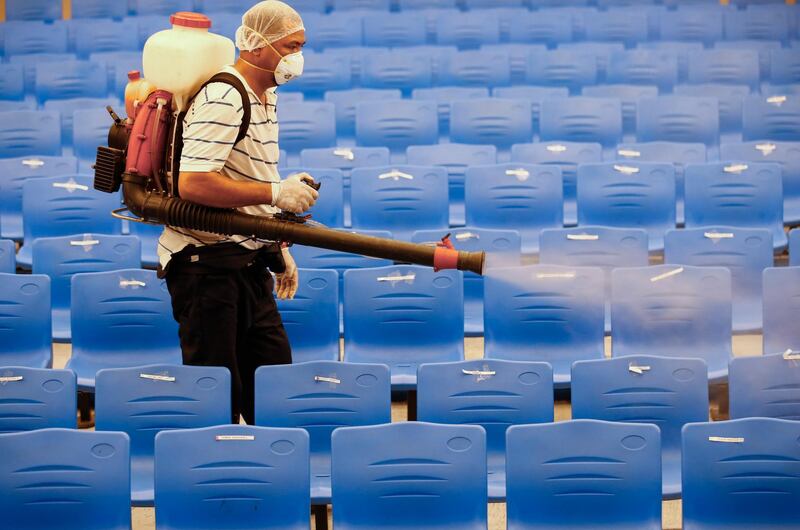Global foreign direct investments are expected to fall as much as 15 per cent in 2020 due to the spread of the deadly coronavirus, according to a report from the United Nations.
Automotive, airlines, energy and basic materials industries are expected to be hit the hardest due to the economic fall-out from the coronavirus outbreak.
“The impact on FDI will be concentrated in those countries that are most severely hit by the epidemic, although negative demand shocks and the economic impact of supply chain disruptions will affect investment prospects in other countries,” the United Nations Conference on Trade and Development (UNCTAD) said.
The coronavirus, which originated in the Chinese city of Wuhan, has spread to more than 70 countries, killed more than 3,800 people and infected more than 100,000 people. But countries such as Iran, South Korea and Italy are now emerging to be the latest hotspots as they report faster infection rates than China.
More than two-thirds of the multinational enterprises (MNEs) in UNCTAD’s Top 100 index, a bellwether of overall investment trends, have issued statements on the impact of coronavirus, also known as Covid-19, on their business. Many are slowing down capital expenditure in affected areas while 41 companies in the list have issued profit alerts that will result in lower reinvested earnings, a major component of FDI, the report said.
“On average, the top 5,000 MNEs, which account for a significant share of global FDI, have seen downward revisions of 2020 earnings estimates of 9 per cent due to Covid-19. Hardest hit are the automotive industry (-44 per cent), airlines (-42 per cent) and energy and basic materials industries (-13 per cent),” UNCTAD said.
“Profits of MNEs based in emerging economies are more at risk than those of developed country MNEs.”
Currently, the most significant negative revisions in the automotive industry come from parts producers based in the most affected areas in South-East Asia. But leading car makers in developed economies have not yet registered the shock. The negative impact of the virus is likely to spread and increase further, it added.
The rapid spread of the coronavirus is also expected to delay the announcement of new greenfield projects.
Mergers and acquisitions could also see a slowdown due to the current situation. Data for February showed a significant drop in the completion rate of cross-border acquisitions, which dropped below $10 billion (Dh36.72bn) from normal monthly values of $40 to $50bn, the report said.
Last week, UNCTAD said the contraction in China’s output due to the coronavirus outbreak has cost the global economy about $50bn due to a decline in exports.
China, the world’s second-biggest economy, is a key producer of components used in automobiles, mobile phones, medical equipment and clothing.
Global trade is suffering and supply chains have taken a hit across many sectors as factories across China are gradually resuming work after an extended shutdown that was in place to curb the spread of the virus.







